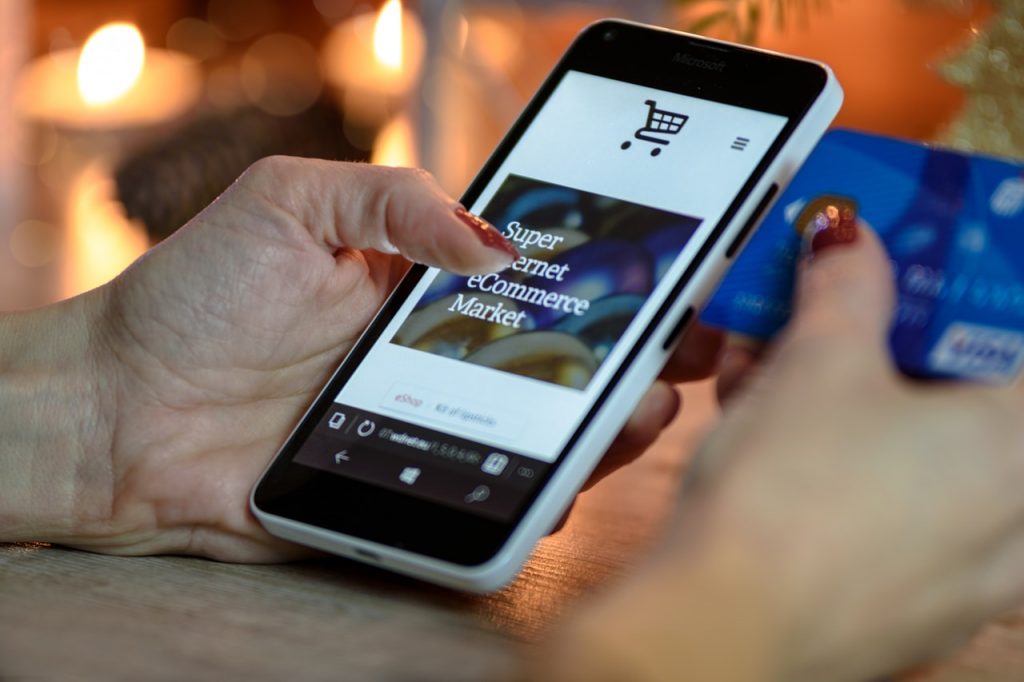Australia has officially entered the age of Amazon.
The online retail giant landed down under in December, just in time to deliver Christmas gifts and the much anticipated Boxing Day sales.
With a product list of everything from electronics and homewares to clothing, beauty products, toys and video games, Amazon’s offerings read like the wishlist you might leave out with the milk and cookies for Santa.
But among many retailers and business commentators, Amazon Australia was portrayed as the Grinch who stole Christmas.
But in its first weeks of operation, Amazon Australia has been widely criticised as ‘underwhelming’, not living up to shoppers expectations on price, product range or delivery times.
This was undoubtedly met with a collective sigh of relief from some retailers. Particularly the large bricks and mortar department stores that can’t compete with Amazon’s volume-driven slim profit margin – which was only 6.8% last year.
But some smaller privately-owned businesses are taking a different approach, becoming Amazon Marketplace resellers in an attempt to stay relevant, and viable, in the age of online shopping.
The platform opens the doors to an international marketplace for businesses that have until now, been limited to only the customers who browsed their shop floor.
Australian retailers could enjoy a greater share of that pie when the company launches its ‘Amazon Prime’ and ‘Fulfilment by Amazon’ services here, providing greater automation for sellers, and faster and cheaper delivery options for buyers.
Rather than disrupting an industry, Amazon’s entry to Australia is really just a case of responding to demand.
Recent reports reveal we Australians are now splashing $23-billion annually on our online shopping obsession, accounting for 8% of all national spending. The Roy Morgan Research Institute estimates 54% of Australians aged 14 and older made at least one online purchase in the past three months.
Still, Amazon has its vocal opponents, not unlike those we’ve heard in response to the Australian infiltration of sharing-economy heavyweights Airbnb and Uber.
Ten years after co-founders Brian Chesky and Joe Gebbia first rented out three air beds on the floor of their loft in San Francisco, Airbnb has amassed a global worth of US$31-billion.
I can already hear the calls to shut it down, too.
With Australia’s divided and, dare I say, resistant, response to the arrival of Amazon and these other global players, I was reminded of a recent, very Australian encounter.
Standing in a nature reserve buzzing with the chorus of a thousand cicadas, I was impressed by the collective volume generated by these tiny insects. Every one of them singing the same song.
Then, in swooped a kookaburra, perching itself on a branch. There the Aussie larrikin of the bird world, with its own character, unique flair and infectious laugh, sat silently; I was transfixed by it. So much, that I completely forgot about the cacophony of noise and just wanted to get a closer look at the magnificent bird.
We all know the ‘Merry Merry King of the Bush’ can make a lot of noise too, but that kookaburra didn’t need to make a sound to stand out. And despite the perception of power in numbers, that single, silent bird, was a threat to an entire chorus of cicadas.
Similarly, there is a lot to be said for the appeal, and power, of the lone kookaburras of the business word. Boutique businesses may be small, and drowned out by the noise of the collective masses. But they certainly have their own unique character, a bespoke offering, and an individual voice that the others have lost.
So even if Amazon isn’t the right fit for you or your business – and it isn’t for everyone – its presence in Australia still has the potential to deliver a boost for all small and medium enterprises.
First, you need to identify if the Amazon model is suitable for you.
Just for a moment, I want you to stop thinking like a business owner and adopt the mindset of a consumer instead.
Think back to the last time you had a truly positive customer experience. A stand-out memory of a time you genuinely enjoyed shopping, and walked away happy or even excited about the transaction.
It was probably about more than ‘exceptional customer service’. Price possibly wasn’t the deciding factor. And more than likely, it wasn’t online.
It might be hard to discern exactly what it was, but it felt real, and different from all the rest.
Now ask yourself: is that something you can offer your customers?
Humans are by nature social creatures. Yet in this ironic era where our private lives play out on ‘social’ media, and sharing cat photos on Facebook gets you more ‘likes’ than you have actual friends, genuine human interaction is fading.
So whether you join in the chorus on Amazon to get your boutique business to the world, or your individual presence is more captivating than the collective ‘noise’ – as long as you choose the right branch to perch on for you, you’ll be the kookaburra of your patch, laughing – all the way to the bank.


0 comments on “From small things big things grow: Boutique businesses on Amazon”